Why Do We Celebrate Pancake Day? A Look At The History Of Shrove Tuesday
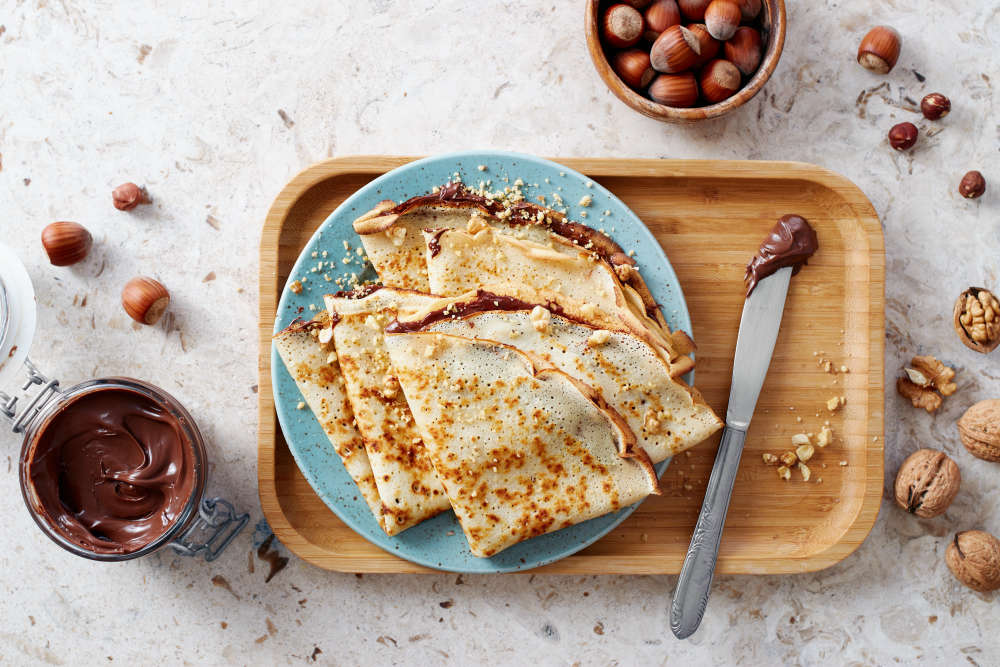
Table of Contents
The Religious Origins of Shrove Tuesday
Shrove Tuesday's origins are deeply rooted in Christian tradition, specifically its connection to Lent. Lent, a 40-day period of fasting and reflection observed by many Christians, begins on Ash Wednesday. Shrove Tuesday, the day before Ash Wednesday, marks the final opportunity to indulge in rich foods before the period of abstinence begins. The word "Shrove" itself comes from the word "shrive," meaning to confess one's sins. This confession, or shriving, was traditionally undertaken before Lent as a spiritual preparation.
The practice of using up rich ingredients like eggs, milk, butter, and sugar before the Lenten fast began is what gave rise to the tradition of pancakes. These ingredients, often considered luxuries, were consumed to avoid waste. This culinary custom gradually evolved into the widespread Pancake Day celebrations we know today.
- Lent is a period of fasting and reflection. This period of penitence leads up to Easter.
- Shrove Tuesday is the last day before Lent begins. It's a day of feasting before the fast.
- "Shrove" comes from "shrive," meaning to confess sins. The act of shriving was a crucial part of the religious observance.
- Using up eggs, fats, and sugar before Lent started the pancake tradition. This practical aspect became a cherished custom.
The Evolution of Pancake Day Traditions
While the religious roots of Pancake Day are clear, the traditions surrounding it have evolved significantly over time. Regional variations in celebrations are abundant, reflecting diverse cultural influences. From the classic lemon and sugar pancakes of the UK to the intricate crêpes of France and the fluffy blinis of Russia, pancake recipes have adapted to local tastes and ingredients. This diversity highlights the global appeal of this culinary festival.
The social aspect of Pancake Day is also significant. Famous pancake races, like the annual event in Olney, England, and similar races in other towns and villages, add a fun, competitive element to the celebrations. These races, often involving women running while flipping pancakes, are a spectacle that draws crowds and embraces the playful spirit of the day. Many families also gather for pancake breakfasts or dinners, making it a time for togetherness and shared enjoyment.
- Pancake races in Olney and other towns. These fun events highlight the celebratory nature of Shrove Tuesday.
- Variations in pancake recipes across cultures (e.g., crêpes, blinis). This demonstrates the adaptability and global reach of the Pancake Day tradition.
- Family gatherings and community events centered around Pancake Day. The day serves as a time for social bonding and shared experiences.
- The symbolic meaning of the pancake itself – representing the sun or new beginnings. This adds a layer of deeper cultural significance to the simple treat.
Pancake Day Recipes and Modern Celebrations
The classic pancake recipe is deceptively simple, requiring just flour, milk, eggs, and a pinch of salt. However, the possibilities for variations are endless. From the simple yet satisfying combination of lemon and sugar to richer toppings like chocolate, fruit compotes, and whipped cream, pancake toppings cater to every palate. Modern adaptations include savory pancakes, incorporating ingredients like cheese, ham, or vegetables, and innovative gluten-free and vegan recipes, making the tradition accessible to a wider range of dietary needs.
Beyond the culinary delights, Pancake Day plays a significant role in modern society. Many charities organize pancake-themed fundraising events, leveraging the popularity of the day to raise awareness and funds for worthy causes. From pancake flipping competitions to bake sales, these events showcase the community spirit and charitable side of this cherished festival.
- Basic pancake recipe ingredients and instructions. A simple recipe is the foundation for countless variations.
- Popular pancake toppings (lemon & sugar, chocolate, fruit). Toppings enhance the flavor and visual appeal of the pancakes.
- Creative pancake recipes (savory, gluten-free, vegan). Modern adaptations make the tradition inclusive and exciting.
- Pancake Day fundraising activities for charities. The day provides an opportunity for community engagement and charitable giving.
Conclusion
From its humble beginnings as a religious observance to its current status as a beloved culinary celebration, Pancake Day/Shrove Tuesday has a rich and multifaceted history. Understanding its origins helps us appreciate the traditions and the delicious treats associated with this unique day. The evolution of Pancake Day demonstrates its enduring appeal, adapting to modern tastes and societal needs while retaining its core values of community, celebration, and delicious food.
So this Pancake Day, why not delve deeper into the history of this wonderful tradition? Try a new pancake recipe, participate in a local event, or simply enjoy the deliciousness and the rich cultural heritage behind every flipped pancake. Happy Pancake Day!

Featured Posts
-
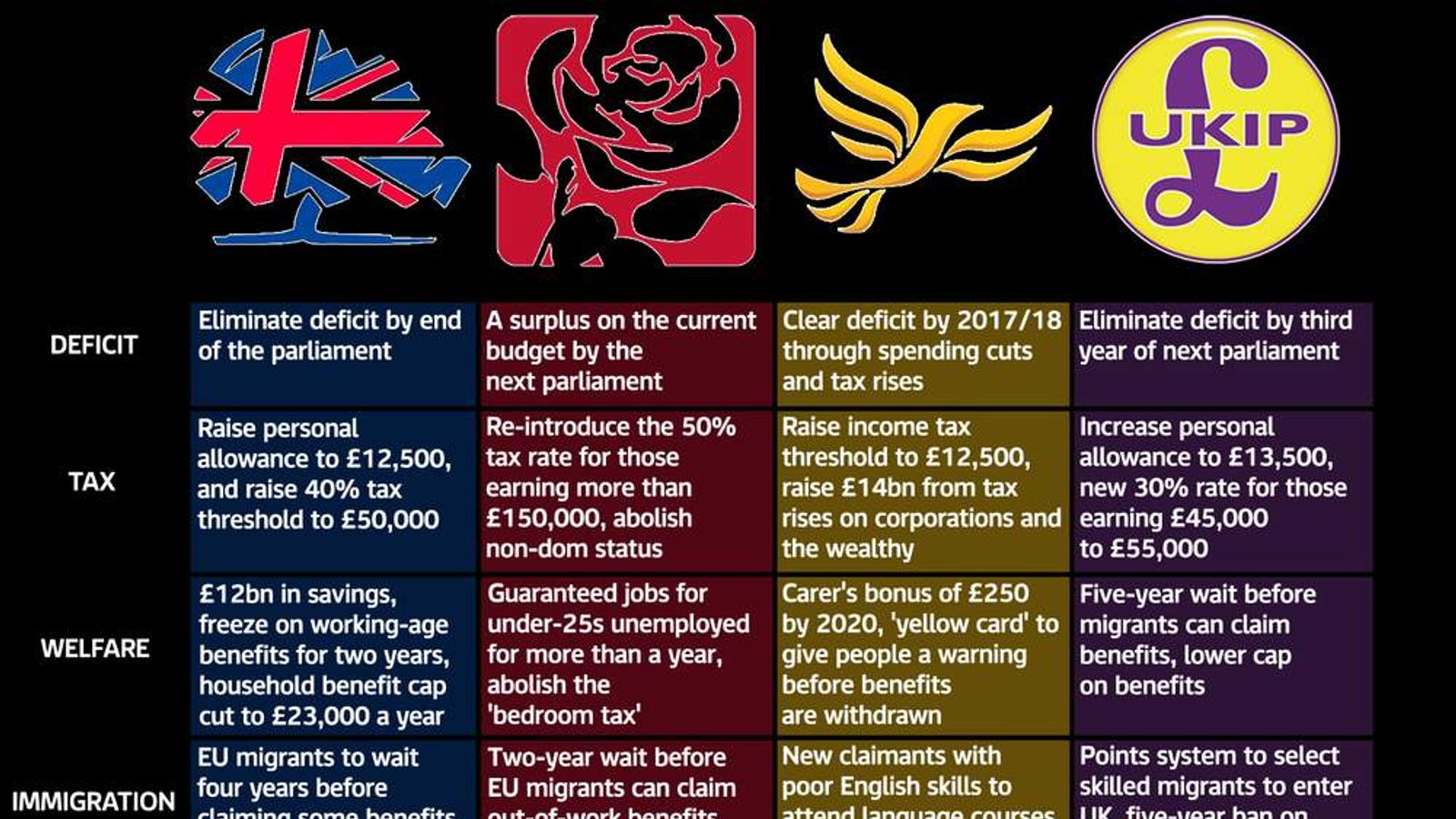 Local Elections 2024 The Reform Partys Electoral Challenge In The Uk
May 03, 2025
Local Elections 2024 The Reform Partys Electoral Challenge In The Uk
May 03, 2025 -
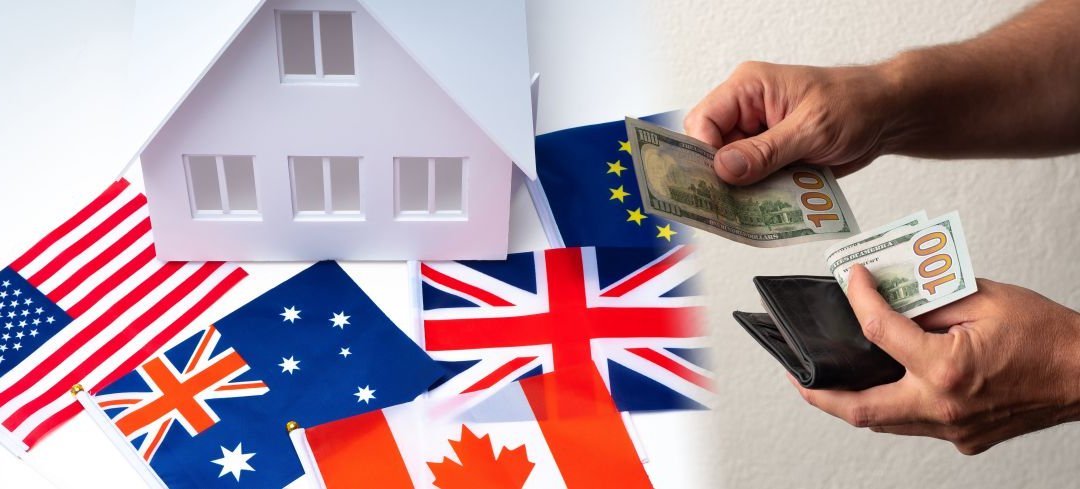 Buying A Property Abroad Your Step By Step Guide To A Place In The Sun
May 03, 2025
Buying A Property Abroad Your Step By Step Guide To A Place In The Sun
May 03, 2025 -
 Daisy May Coopers Stunning Engagement Ring A Cinema Date Reveal
May 03, 2025
Daisy May Coopers Stunning Engagement Ring A Cinema Date Reveal
May 03, 2025 -
 Justice Department Ends School Desegregation Order What This Means For Schools
May 03, 2025
Justice Department Ends School Desegregation Order What This Means For Schools
May 03, 2025 -
 Fortnite Item Shop Update Skins Return After A 1000 Day Absence
May 03, 2025
Fortnite Item Shop Update Skins Return After A 1000 Day Absence
May 03, 2025
Latest Posts
-
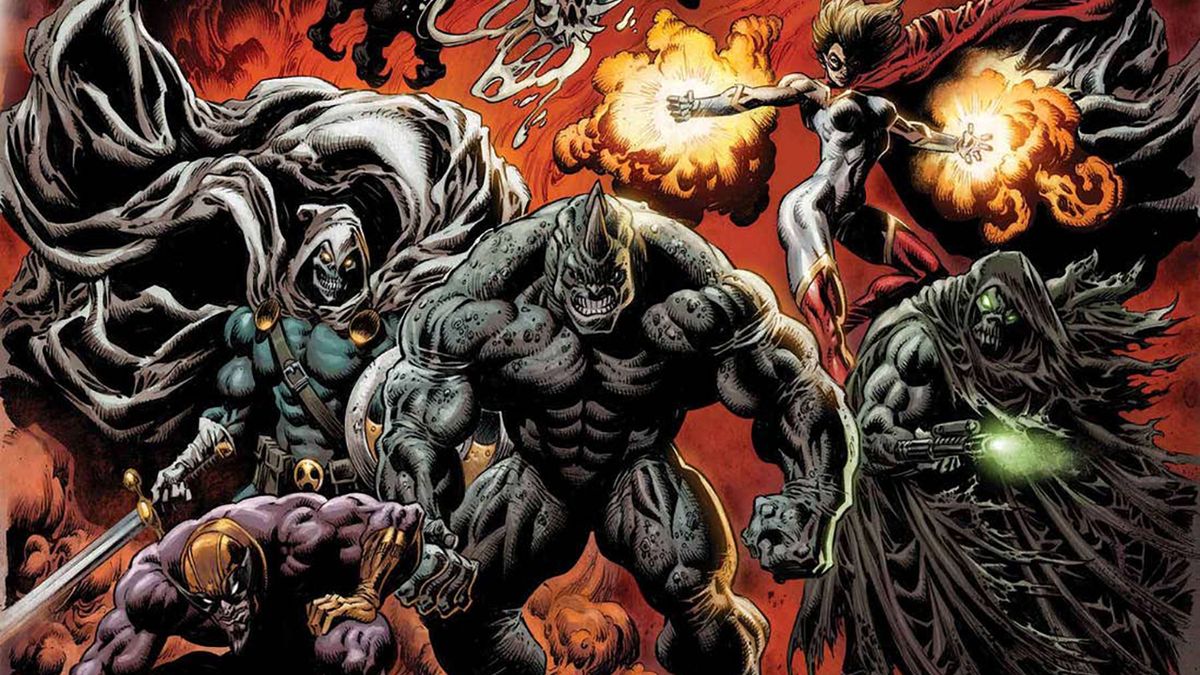 Assessing The Success Of Marvels Thunderbolts
May 04, 2025
Assessing The Success Of Marvels Thunderbolts
May 04, 2025 -
 Thunderbolts Will This Team Save The Mcu
May 04, 2025
Thunderbolts Will This Team Save The Mcu
May 04, 2025 -
 Marvels Thunderbolts A Critical Analysis Of Its Potential
May 04, 2025
Marvels Thunderbolts A Critical Analysis Of Its Potential
May 04, 2025 -
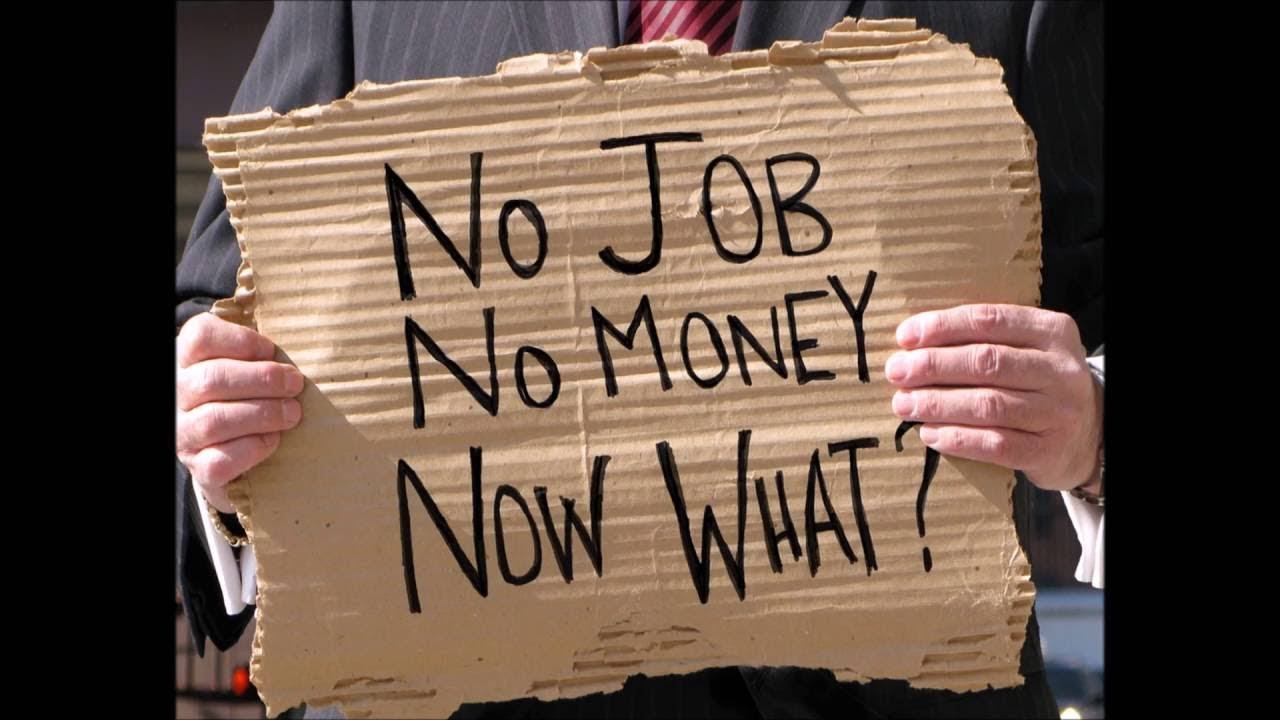 U S Labor Market Update 177 000 Jobs Added In April Unemployment Rate 4 2
May 04, 2025
U S Labor Market Update 177 000 Jobs Added In April Unemployment Rate 4 2
May 04, 2025 -
 Analysis Of Aprils U S Jobs Report 177 000 Jobs Added Unemployment At 4 2
May 04, 2025
Analysis Of Aprils U S Jobs Report 177 000 Jobs Added Unemployment At 4 2
May 04, 2025
